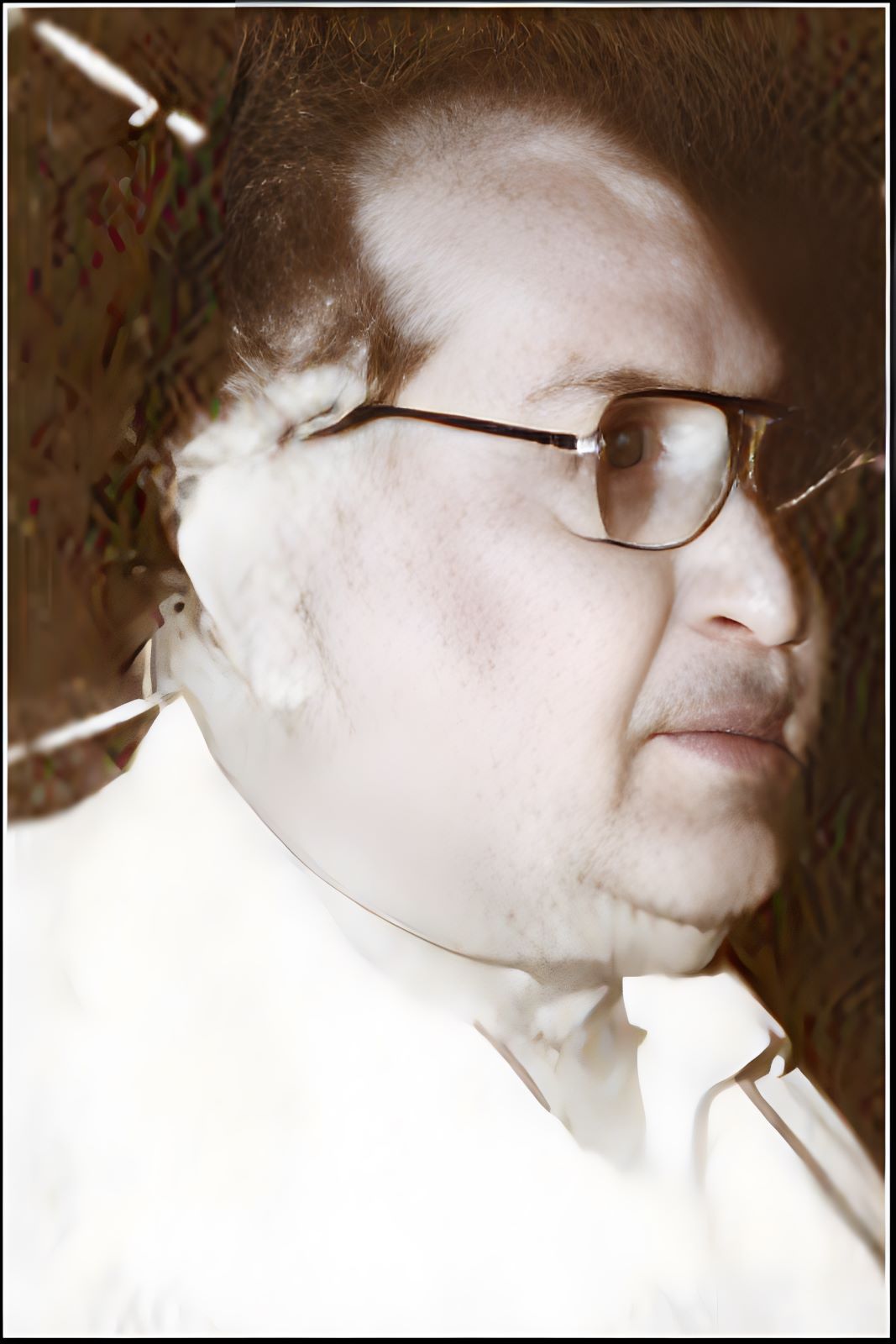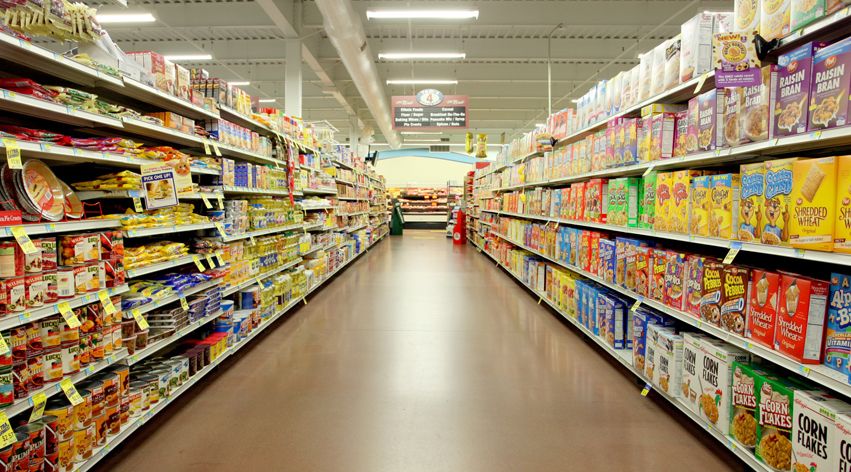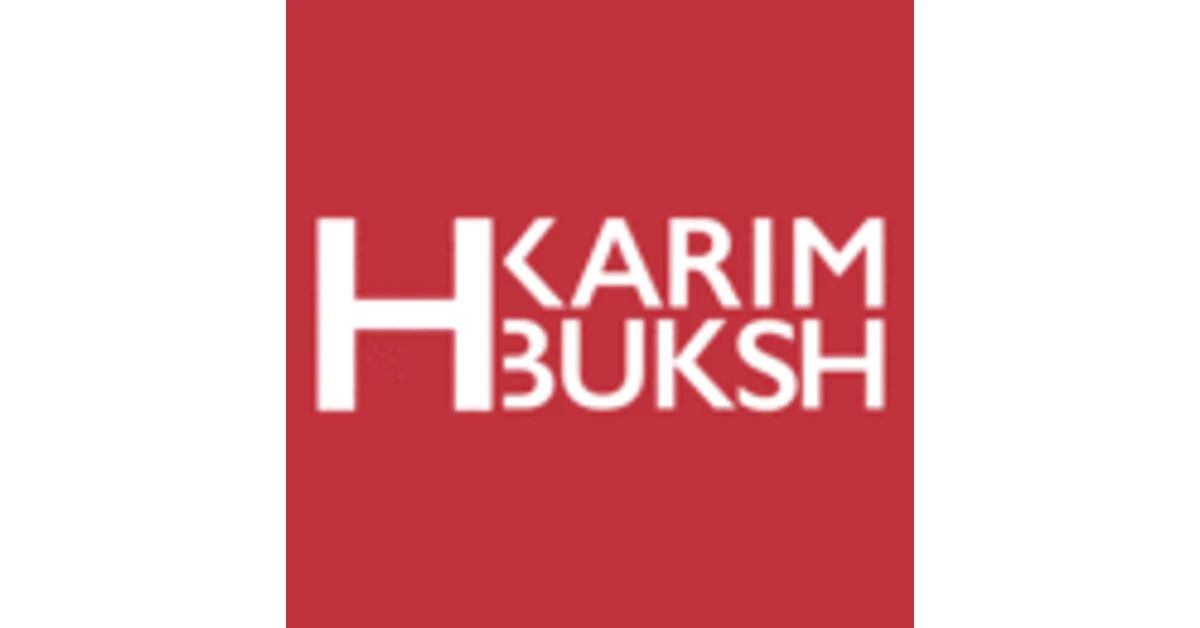Story of Haji Karim Buksh (HKB)
Rags to Riches Story
 Haji Karim Buksh
Haji Karim BukshThis is the story of Haji Karim Buksh (HKB) about how he started and grew his business in Pakistan.
His story shows his entrepreneurial spirit, and it is a story of one of Pakistan's most renowned retail HKB chains.
Haji Karim Buksh (HKB) - Early Life and Background
Haji Karim Buksh was born in the early 1900s in a small village near Lahore, Punjab, in what was then British India.
He was born in a modest family with simple living and traditional values that helped shape his business ethics and principles.
He grew up in pre-partition Punjab.
At that time, Karim Buksh had limited access to formal education. Like many children of his era, he received basic religious education at the local mosque and learned fundamental arithmetic and business skills from his family members.
Despite the lack of formal schooling, he displayed a natural aptitude for business and trade from an early age.
Early Passions and Interests
Karim Buksh showed a keen interest in trade and commerce even in his very young age.
He often helped his father in small business dealings and demonstrated an exceptional ability to understand market dynamics and customer needs.
His early exposure to local bazaars and trading activities sparked his entrepreneurial spirit.
Marriage and Family Life
Following the customs of his time, Karim Buksh married at a relatively young age.
His wife helped and supported him throughout his business journey.
Together, they raised several children who later played crucial roles in expanding the family business.
The exact number of his children isn't widely documented publicly but it's known that his sons became actively involved in the business operations as they grew older.
The Beginning of a Business Empire - HKB
The 1940s
Haji Karim Buksh's business journey began in the 1940s when he started as a small shopkeeper in Lahore's famous Anarkali Bazaar.
His initially started with a small modest grocery store that sold basic household items and daily necessities.
What set his store apart was his commitment to quality products and fair pricing.
These principles became one of his main business philosophy.
Post-Partition Period (1947-1950s)
The partition of India in 1947 brought both challenges and opportunities.
Many businesses struggled during this tumultuous period, however, Karim Buksh's store managed to survive and even thrive, due to his good business acumen and dedication to customer service.
He recognized the needs of the newly formed nation and adapted his business accordingly.
Early Challenges and Setbacks
Haji Karim Buksh faced numerous challenges in his business journey:
1. Financial Constraints
In his early years, he had limited capital which was a significant challenge. He often had to make difficult choices about inventory management and expansion plans.
2. Market Competition
The retail sector in Lahore was very competitive a that time. Numerous traditional shops were also and competing for customers.
3. Supply Chain Issues
In post-partition Pakistan, establishing reliable supply chains was challenging, particularly for imported goods.
4. Infrastructure Limitations
The lack of modern retail infrastructure and technology also posed significant operational challenges.
Business Growth and Evolution
 Haji Karim Buksh (HKB) Store
Haji Karim Buksh (HKB) StoreThe 1960s Expansion
The 1960s marked a turning point for Haji Karim Buksh's business.
His initial store's success enabled him to expand to multiple locations in Lahore.
He introduced the concept of self-service in retail first time in Pakistan, a revolutionary idea at the time.
Modernization in the 1970s
During the 1970s, HKB stores began incorporating modern retail practices:
- Introduction of inventory management systems
- Expansion of product range
- Implementation of professional staff training
- Development of standardized store layouts
The HKB Brand Development
Key factors that contributed to the HKB brand's success:
1. Quality Assurance
Haji Karim Buksh personally ensured that all products met strict quality standards.
2. Customer Service
The stores became known for their exceptional customer service and satisfaction guarantee.
3. Product Range
HKB stores offered a wide range of products, from groceries to household items and imported goods.
4. Location Strategy
Stores were strategically located in prime commercial areas and residential neighborhoods.
5 - Business Innovation and Adaptation
Haji Karim Buksh showed remarkable ability to adapt to changing market conditions:
- Introduction of new product categories
- Adoption of modern retail technologies
- Development of private label products
- Implementation of customer loyalty programs
Current Status and Legacy
Store Network
As of 2023, HKB operates numerous stores across Pakistan, with the majority concentrated in Punjab, particularly in Lahore.
The exact number of stores varies as the chain continues to expand, but it maintains a significant presence in:
- Lahore
- Islamabad
- Rawalpindi
- Faisalabad
- Multan
- Other major cities across Pakistan
Business Model Evolution
The modern HKB stores have evolved into:
- Supermarkets
- Express stores
- Specialty food outlets
- Online shopping platforms
Legacy and Impact
Haji Karim Buksh's legacy extends beyond retail success:
1. Retail Innovation
He pioneered modern retail practices in Pakistan and set standards for the industry.
2. Employment Generation
HKB stores have created thousands of jobs across Pakistan.
3. Supply Chain Development
The company helped develop local supplier networks and promoted local products.
4. Business Ethics
His emphasis on honest business practices and customer satisfaction became a model for other retailers.
Family Succession and Management
The business continues to be family-managed.
His children are actively involved and trying their best to maintain the founder's vision.
The HKB Family Follows Professional Management
- Professionalized management structures
- Implemented modern business practices
- Maintained family values in business operations
- Expanded into new retail segments
Social Impact and Community Engagement
HKB stores have maintained strong community connections through:
- Charitable initiatives
- Support for local producers
- Employment opportunities for locals
- Community development programs
Challenges and Future Prospects
Current challenges facing HKB include:
1. E-commerce Competition
Adapting to the digital retail landscape and online shopping trends.
2. Modern Retail Chains
Competition from international retail chains and modern local competitors.
3. Economic Conditions
Navigating economic uncertainties and inflation impacts.
4. Technology Integration
Keeping pace with technological advancements in retail.
Future Direction
The company continues to evolve with:
- Digital transformation initiatives
- Expansion into new markets
- Development of online presence
- Innovation in retail formats
Wrap Up

Haji Karim Buksh's journey from a small shopkeeper to the founder of one of Pakistan's most respected retail chains adequately displays his entrepreneurial passion and business acumen.
His legacy and succession continues through the HKB stores, which remain a significant player in Pakistan's retail sector.
The success of HKB stores demonstrates that with mix of traditional business values and good retail practices, can create a sustainable and successful business model.
The company's ability to adapt and evolve while maintaining its core values has ensured its relevance and success across generations.
The foundation laid by Haji Karim Buksh continues to influence Pakistan's retail sector.
Though there are many modern competitors in Pakistan now, but HKB still remains one of the leading entrepreneurs in grocery retail business.
You may raed more about Haji Karim Buksh.

Staff Writer
IdeasBeat provides knowledge, coaching, and training with a key focus on Entrepreneurship and the growth of MSMEs (Micro, Small, and Medium Enterprises).
It provides you with easy-to-digest methods and resources to learn about entrepreneurship and apply them to reap some of the best results.
You can contact us here
You can read about more Entrepreneurship / Business Stories at IdeasBeat